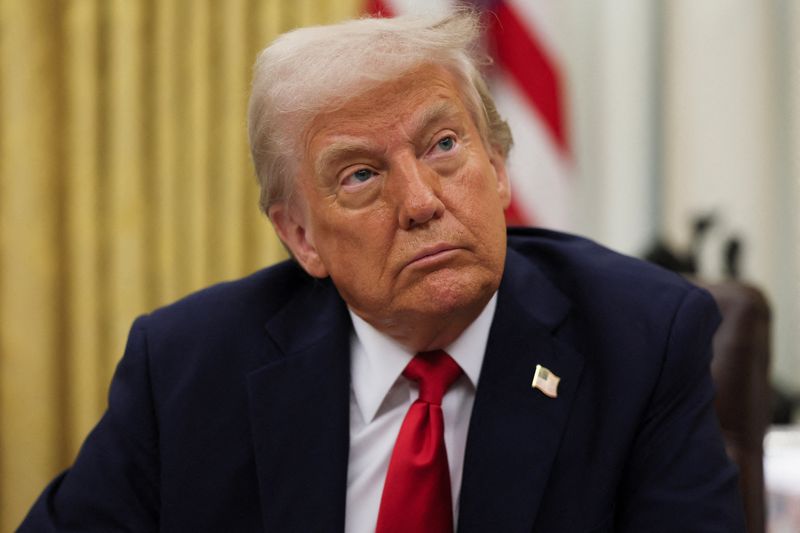Mineral Maverick Challenges Trump's Domestic Production Gambit

A prominent advisor to the U.S. International Development Finance Corporation (DFC) is challenging President Donald Trump's strategic plan to leverage the agency for boosting domestic mineral production. With an impressive global development finance portfolio exceeding $50 billion spanning critical sectors like food, energy, healthcare, and infrastructure, the DFC has long been recognized as a pivotal international financial institution.
Development experts are raising serious concerns about Trump's March 20 executive order, which invokes emergency powers to accelerate domestic critical minerals production and positions the DFC as a central funding mechanism. The potential shift could significantly disrupt the agency's established international commitments and long-standing development strategies.
The executive order threatens to redirect the DFC's focus from its traditional global development mission to a more domestically-oriented mineral production agenda. This potential realignment has sparked debate about the agency's core purpose and its broader international economic development responsibilities.
